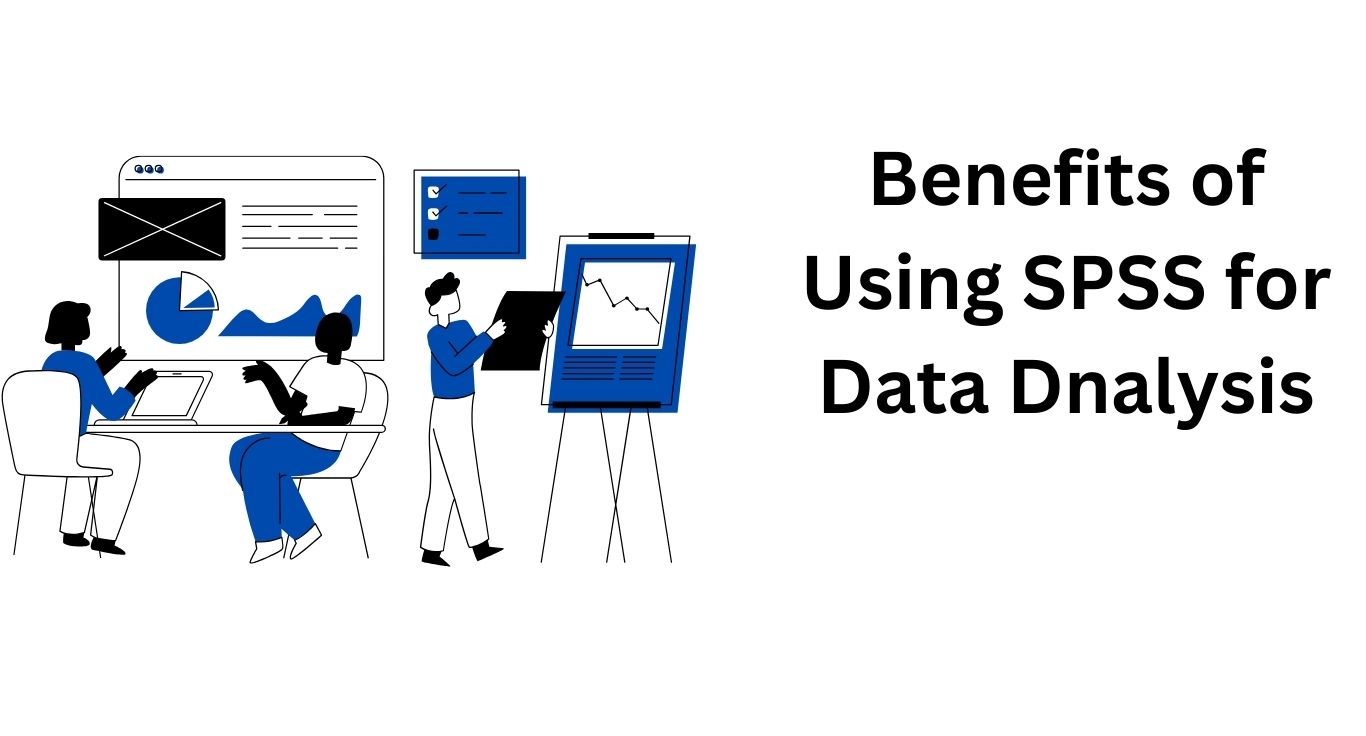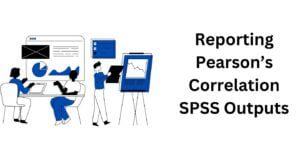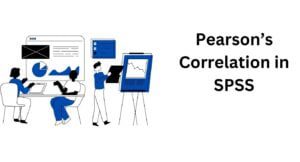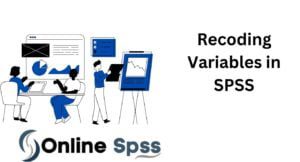WhatsApp: +1-(424)-285-0253

Using SPSS For Data Analysis: Benefits, Limitations and Applications
SPSS, a widely-used statistical software package, plays a crucial role in logical batched and non-batched statistical analysis. With its ability to handle highly complex data manipulation and analysis through simple instructions, SPSS has become one of the most popular statistical packages available. This article explores the benefits of SPSS for research scholars, emphasizing its equal importance for both qualitative and quantitative data analysis.
Uses of SPSS in Research: An Overview
SPSS is a powerful software that can efficiently process data from various file types and generate comprehensive reports, charts, plots, descriptive statistics, and conduct complex statistical analyses. The software is accessible for both personal and mainframe computers, making it a versatile tool for researchers in various fields.
Contrary to common misconceptions, SPSS gives equal importance to both qualitative and quantitative data. While approximately 85% of research scholars rely on quantitative data for their analysis, SPSS caters to the needs of researchers working with qualitative data as well. Despite the availability of several alternative software options for analyzing quantitative data, SPSS remains a preferred choice due to its user-friendly interface and suitability for beginners. Moreover, SPSS can handle large datasets without compromising on the quality of analysis.
Are you struggling with your SPSS homework? Don’t let complex statistical analysis hold you back from achieving your academic goals. Online-SPSS.com is here to provide you with top-notch SPSS homework help that will propel your success!
Benefits of using SPSS for data analysis
Research scholars who possess expertise in their core academic areas but lack proficiency in software usage can greatly benefit from SPSS. The software simplifies the analysis process by offering a drag-and-drop interface and a wide range of basic and advanced statistical analysis tools. This allows scholars to quickly adapt to the software and efficiently analyze their data, ultimately leading to accurate and meaningful results.
Some of the main benefits of using SPSS when conducting research or for business decision making include:
- No coding is involved. You get everything through simple clicks
- Reliable and fast outputs that are easier to interpret
- Dynamic with user-friendly tables and graphs
- Wide language support for accessibility
- Effective data management
- It is easy to learn SPSS, especially if you are a beginner in data analysis
- Suitable for both quantitative and qualitative data
- User-friendly statistical tool with various graph options
- Wide range of resources such as YouTube videos and online support
Limitations of Using SPSS for Data Analysis
There are various limitations you might encounter when using SPSS for data analysis. These include:
- Inability to analyze large datasets effectively.
- Faulty or biased data collection methods can lead to inaccurate statistical analysis.
- Significant discrepancies between the sample and actual population may result in misleading data.
- SPSS analysis may fail when researchers do not measure the exact variables they intend to study.
- The tool’s simplicity may not be suitable for addressing complex issues effectively.
- It is not possible to customize the function to meet your needs
- SPSS is not a free software, thus, it can be expensive to purchase, especially if you are a student.
Application of IBM SPSS in Data Analysis for Dissertation, Research papers, and Capstone Projects
IBM SPSS Statistics comprises 15 modules designed to cater to diverse research needs. Some notable modules include:
- SPSS Exact Tests: This module enables researchers to derive reliable results even with small sample sizes, instilling confidence in the analysis outcomes.
- SPSS Forecasting: Analysts can utilize this module to predict trends and develop forecasts effortlessly, without requiring expertise in statistics.
- SPSS Missing Values: Researchers in fields such as survey research, social sciences, data mining, and market research can leverage this module to identify relationships between missing values and other variables. Handling missing data is crucial to ensuring accurate models and reliable results.
Conclusion
Therefore, this article shows that IBM SPSS holds a significant importance for research scholars. Specifically, it provide researchers, scholars, students and other academicians with a robust tool to analyze both qualitative and quantitative data effectively. Its user-friendly interface, extensive analysis capabilities, and applicability to various research domains make it a preferred choice among scholars. By leveraging the power of SPSS, researchers can gain valuable insights from their data and enhance the quality of their academic work.



